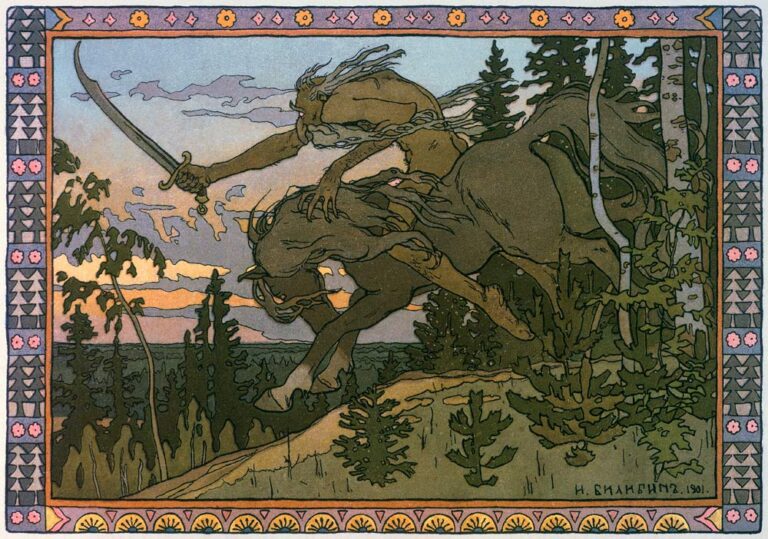Episodia 2.1: When Art Goes Public
 I like to be alone when I write. When I’m deep into a project, I don’t answer the phone, I don’t respond to emails, and on the most intense days, I don’t even venture outside. Part of what appeals to me about the writer’s life is this partnership with solitude. I crave the intense focus that an empty house and an unfinished project promise. So it came as a surprise when a huge wave of loneliness swept over me while my first book was on submission. Where did it come from?
I like to be alone when I write. When I’m deep into a project, I don’t answer the phone, I don’t respond to emails, and on the most intense days, I don’t even venture outside. Part of what appeals to me about the writer’s life is this partnership with solitude. I crave the intense focus that an empty house and an unfinished project promise. So it came as a surprise when a huge wave of loneliness swept over me while my first book was on submission. Where did it come from?
Nothing will make you question all your life choices (and your artistic ones) like submitting your creative work for review. It’s a way of announcing to the world that you actually have the guts to try this whole writing thing, for real, while some version of Eminem’s “You only get ONE shot” plays on repeat in the back of your mind. And for all the camaraderie that exists out there, writers don’t talk about this process much. Maybe it’s because we don’t want to complain about submitting while dear friends are working diligently to finish their drafts, or maybe we’re afraid of making our failures public. Either way, when we most need to talk through our fears with someone, we find ourselves alone.
While my book was on submission, I had the great fortune of watching the third season of “Louie” on FX, in which comedian Louis C.K. gets the opportunity of his career—or so it seems—when he auditions to take over for David Letterman. He’s ordered to keep it confidential, and we watch him go through countless screen tests, gym sessions, and wardrobe fittings to ready himself for public consumption while attempting to keep his artistic identity intact. And he does it alone.
I don’t think I’ve ever seen such an accurate description of the tricky hand-off between art and money, of what happens when creative work becomes a commodity. As I watched Louie’s lengthy audition play itself out, I didn’t feel so lonely anymore. Louis C.K. taught me that success and failure can be equally lonely and that there’s a cost to selling your work, no matter the outcome. This realization caused me to reflect on how I’d handled myself throughout this submission process and what I might learn from it. The lessons were many, but I’ll share two of them here.
First, agents and editors considered my work with great attention and care. I don’t think this gets said enough: their jobs are tough. Even though each of them lives under a constant stack of to-be-read manuscripts, these professionals manage to be more passionate and knowledgeable about literature than most writers I know. They eat, sleep, breathe, and love this work. It’s a wonderfully humbling thing for a writer to witness.
Second, though the submission process is lonely, you are not alone. I couldn’t understand this until I’d made it to the other side and found the courage to ask a few other writers about their experiences. Regardless of how quickly a book sells or how much money it makes, every writer feels the risk of their art going public. Agents and editors bear this weight as well and experience their own frustrations and disappointments. They invest years of their lives in projects they love, just as writers do. No matter your role in the process, we are all on the side of literature. We all fear that good opportunities will pass us by.
So as we start another year and shape our writing goals accordingly, allow me to offer this encouragement:
To writers whose beloved books never sold—
To editors who feel devoid of their own creative lives—
To lit mag pioneers who had to close their doors—
To those whose first book didn’t sell well and they’re afraid to write a second—
To those afraid to write anything at all—
To anyone who dares make a living doing what they love—
To anyone who dares fund their own writing careers with a day job—
To agents with piles of manuscripts awaiting them on nights and weekends—
To hopeful writers awaiting their first publications—
To assistants who hope to be editors but are still fetching coffee—
To those struggling to be happy for a colleague with seemingly “easy” success—
To writers who received a huge advance and are worried their books won’t earn out—
To those who are ready to give up—
To those who fear they’ve started too late—
To writers who lost someone or something dear and are hunting for the courage to write about it—
To writers who received a terrible review—
To writers who received no reviews at all—
To women who feel hemmed in by gender—
To men who feel hemmed in by gender—
To writers long grown weary of the modifiers “of color” and “minority”—
To agents who couldn’t sell a book they fell in love with—
To editors who couldn’t buy a book they fell in love with—
To writers who feel pigeonholed in a genre and long to write something different—
To those who feel destined for the B list—
To those who fear they’ve peaked—
To those who fear they never will—
You are not alone. I repeat. You are not alone. May we stand together in our solitude, and in support of our work. Because it’s important. Because art matters. Because we’re not afraid to begin again. Because we aren’t afraid to fail.
What can we do, aside from writing through our fears? A humble suggestion: find someone you believe in and let them know today. Tell a friend about a book you loved that didn’t have much commercial success (my recommendation is Martín & Meditations on the South Valley by Jimmy Santiago Baca—it’s a masterpiece.) Buy yourself a hardcover book. Don’t give up.
Make 2014 the year you found yourself as a writer.


